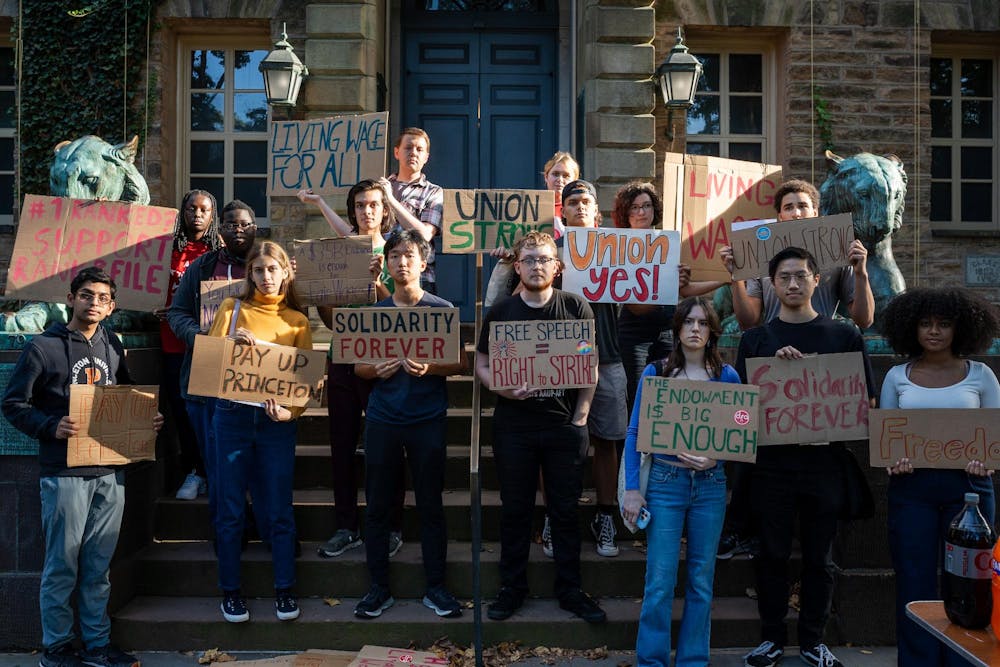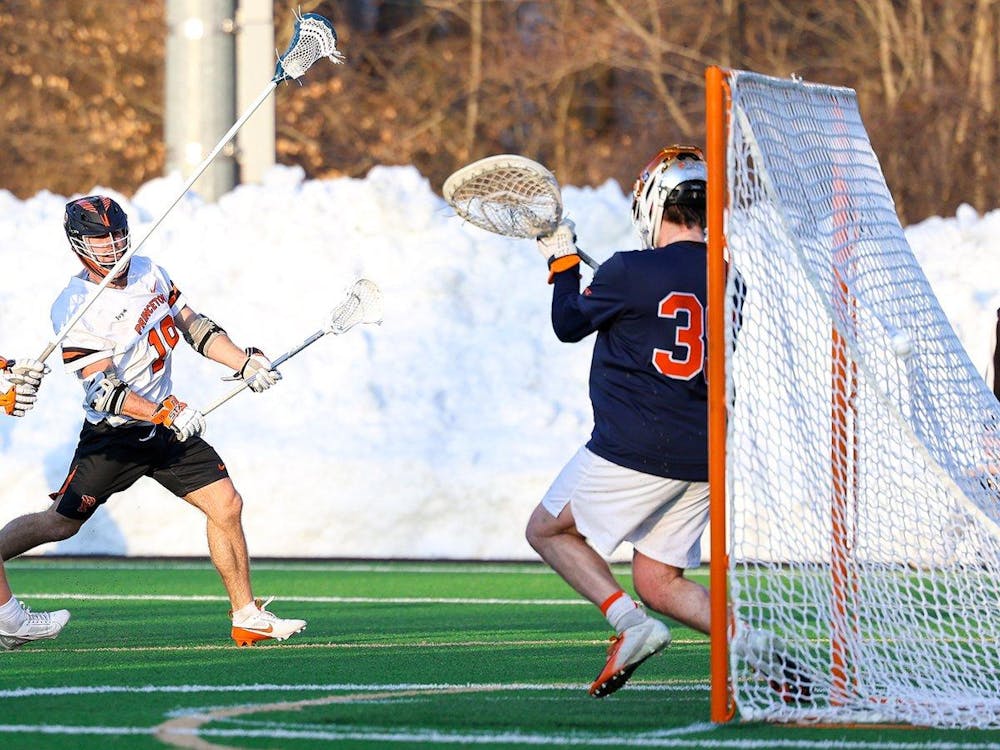An anonymous student worker at Princeton told The Daily Princetonian that they were approached by a member of the Princeton chapter of Young Democratic Socialists of America (YDSA) about joining efforts to start an undergraduate student worker unionization.
In an email to the ‘Prince,’ Abby Leibowitz ’26, a co-chair of YDSA, wrote that “YDSA is not officially unionizing any undergraduates at the moment. If any individual member of YDSA asked someone about unionizing, this was likely out of personal curiosity.”
Leibowitz is a staff News writer for the ‘Prince.’
While there are no official undergraduate unionization efforts at Princeton, this news comes amid a nationwide wave of undergraduate unionizations after the pandemic, with more than a dozen undergraduate unions forming in the past several years.
Last week, Harvard University’s non-academic student workers voted to unionize in a 153–1 vote, though they are not yet an official union. That same day, student workers at the University of Oregon also voted in favor of unionization. This is a notable change from 21 years ago, when the University of Massachusetts at Amherst had the only recognized undergraduate union in the United States.
At Princeton, over 2,500 undergraduates work on campus each year, according to the Student Employment Office.
Over one-third of undergraduates have worked in University jobs so far, according to a statement to the ‘Prince’ by University spokesperson Michael Hotchkiss.
“The percentage of students working and the average hours worked per student in Fall 2023 is the same as or slightly higher than Fall 2022,” he added, further clarifying that “roughly half of the student body will be employed by the University at some point in the 2023–24 academic year.” The number of student workers has not been significantly impacted by the student contribution factor, which was eliminated in 2022 as part of the University’s efforts to expand its financial aid to students.

In a previous statement to the ‘Prince,’ Karen Richardson ’93, the dean of admission, wrote that one of the goals in eliminating student contribution is that University employment “should not be a barrier for students to participate in other activities.”
One of YDSA’s expressed goals is to “build labor union power as a step toward complete ownership and democratic control of production by workers, and more dignity for working-class people,” according to their website. In the past, members of the group have rallied around causes for worker’s rights.
An anonymous member of YDSA reaffirmed Princeton’s need for an undergraduate student union.
“I believe that a voice for the collective will of workers, which would take the form of an undergrad student union, could be a powerful and effective tool in helping them get their needs, as workers, met,” the YDSA member said.

Hotchkiss wrote, “Since union membership is tied closely to a member’s particular job, we encourage students to be fully informed about how unionization might affect their position and their goals.”
The main unionization effort at Princeton so far has been the Princeton Graduate Students United (PGSU), which is currently in the process of building support for a possible graduate students union, according to PGSU organizer Gaby Nair GS. They plan to file an election “sometime in the near future,” Nair said in an interview with the ‘Prince.’
The anonymous member of YDSA added that the recent unionization efforts at other universities “[do] indicate that Princeton has a long way to go in securing rights for its workers.”
“The whole point of unions is that the [interests of the] administration, the people making these kinds of decisions about wages and working conditions, are not always aligned with the best interests of workers,” they said. “So workers need a voice to be able to negotiate and fight for their rights, better working conditions, and better wages.”
Nair further said that she would personally “be interested in working in solidarity with undergraduate students who are undergraduate workers who plan to organize at Princeton … solidarity is a beautiful thing. And Princeton’s campus could stand to have a little bit more of it.”
Chris Bao is a News contributor for the ‘Prince.’
Sofia Arora is a News contributor for the ‘Prince.’
Please send any corrections to corrections[at]dailyprincetonian.com.








